- Learning time
- 20 minutes
- First play time
- 80 minutes
Res Arcana
Designed by: Thomas Lehmann
In Res Arcana players are mages dealing in alchemy: gather essences, create artifacts: score points!
The game plays up to four but may well be best with two or three. All players begin the game with one of each essence: Elan, Life, Death, Calm and the much sought-after Gold (in practical terms these are red, green, black, blue and yellow coloured resources). Everyone is dealt two mage cards and eight artifact cards. They examine all of these, and once they’ve shuffled their artifact cards and deal themselves a starting hand of three, they decide which mage they’ll use for the game and play begins.
At the start of the each round everyone takes a magic item from the display which gives you a special power or additional essences during collection, during which cards and items may give players more essences to mess with. Collection is followed by actions: spend the essences to play artifacts to the table, and/or use the powers on the artifact cards to either gather more of the basic essences, or turn them into gold. With gold, you can buy monuments, which are worth points (and often come with a power of their own) or you can forsake gold in favour of harvesting large amounts of essence – in order to buy places of power, which like monuments propel you towards victory by scoring points. Each comes with one or more powers of its own.
When you’ve no more actions to take you pass – returning your magic item to the centre of the table and taking another in its place. You also draw another card!
At the end of each round players check for victory: as soon as one player hits ten points, the game ends (it might be more than one player: if there’s a tie the most left-over essences decides the winner). But there are one or two ways to end the game early, by triggering an instant check for victory. These can pull the rug from under you! Finally it’s also worth noting that some of the artifact cards are dragons, which when played attack other players, causing them to lose essences unless they have an ability that protects them. In some games this can be a minor annoyance, but in others can be key to victory.
Joe says
This one was a real surprise to me. I'm not very interested in fantasy themes, but I'd heard some hype and wanted to see what it was all about. I was expecting to be done with it after a game or two - but it presents you with a little set of toys each time and asks you to put them together in cool and unusual ways, and 10 or more games in I'm still fascinated by it. I've found a couple of regular opponents who are as keen as me, and who can say things like "I'm going to tap my Fiery Whip" or "I'm spending an Elan to re-animate my Ring of Midas" without blushing with shame. A few of Tom Lehmann's other designs share this addictive gameplay - I always just want to play once more so I can see what new interesting synergies I can uncover. It's very clever.
The guru's verdict
-
Take That!
Take That!
Your main focus is on your own cards and figuring out the best way to get them working together. But you do need to keep an eye on opponents as there are some powers that attack, forcing you to discard precious essences (there are also protective powers to negate this).
-
Fidget Factor!
Fidget Factor!
If a first play is somewhat bamboozling - there's lots of icons to get your head around - a game or two later you'll find Res Arcana speeds along pretty quickly... although there may be the odd pause for pondering.
-
Brain Burn!
Brain Burn!
You may need to hold quite a lot of turns ahead in mind to play well strategically. But there's a lot of fun (if not necessarily victory) to be had just tinkering and seeing what you come in. There's a very useful player aid, so the many icons become second nature after a game or two.
-
Again Again!
Again Again!
Res Arcana's masterstroke is giving each player just eight cards to play, and designing the deck so that every hand has cards that can combine. In each game you can play different mages, and will receive different cards.

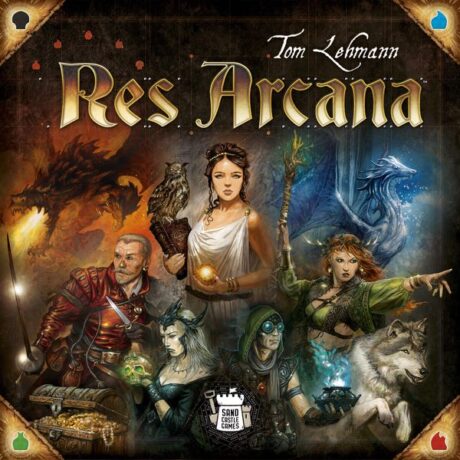
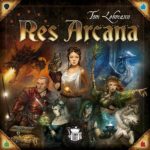
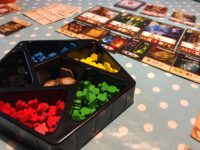
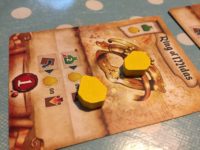
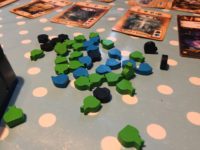
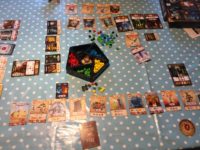
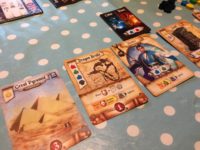


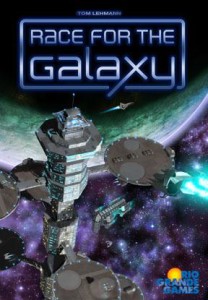
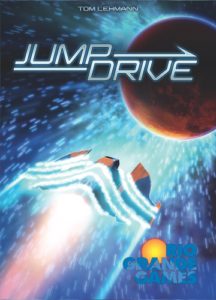
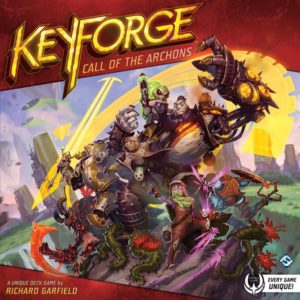
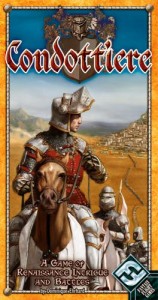
Sam says
Res Arcana is really cleverly designed: in each game you only play eight cards at most, and yet there is a small-scale epic to be had off the back of it. The to-and-fro of cards-that-do-different-things isn't the type of gaming I pine for, to be completely candid, and neither is the fantasy theme. But it has elicited multiple plays with my son (who usually beats me) and for that I can overlook such subjective shortcomings. Far less complicated that it initially appears, too: there's one or two things we've glossed over here but the above covers most of the game.